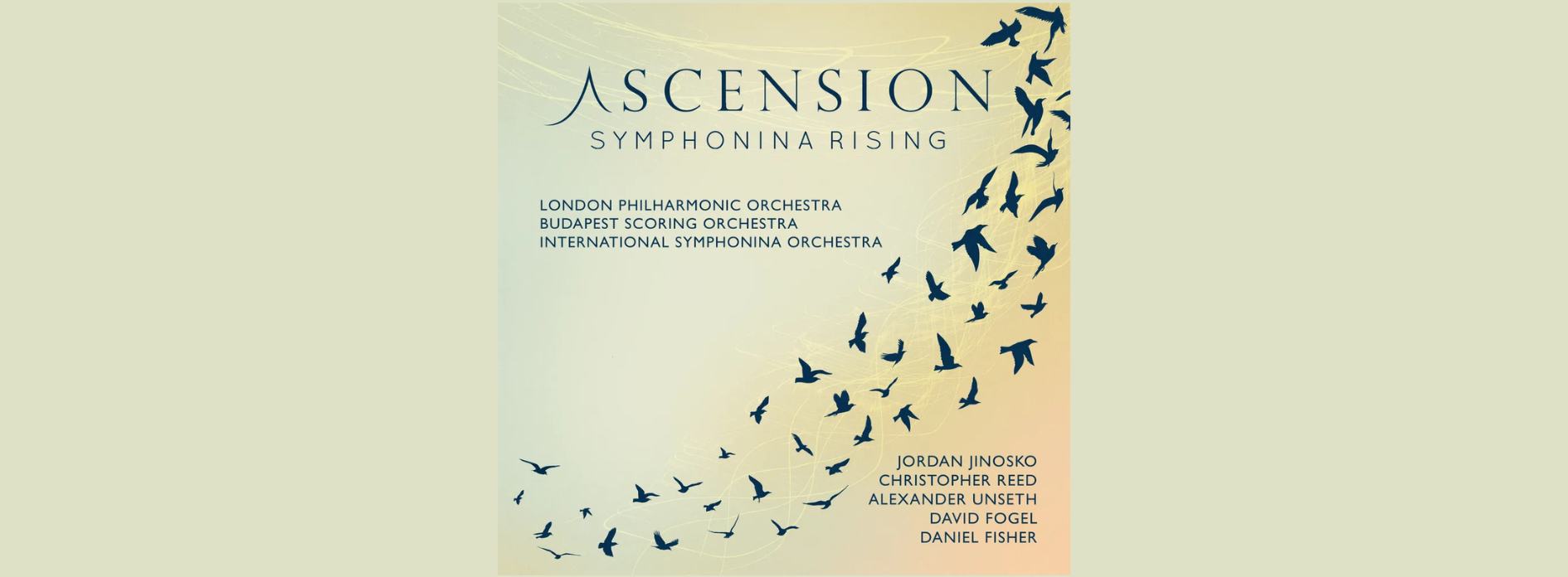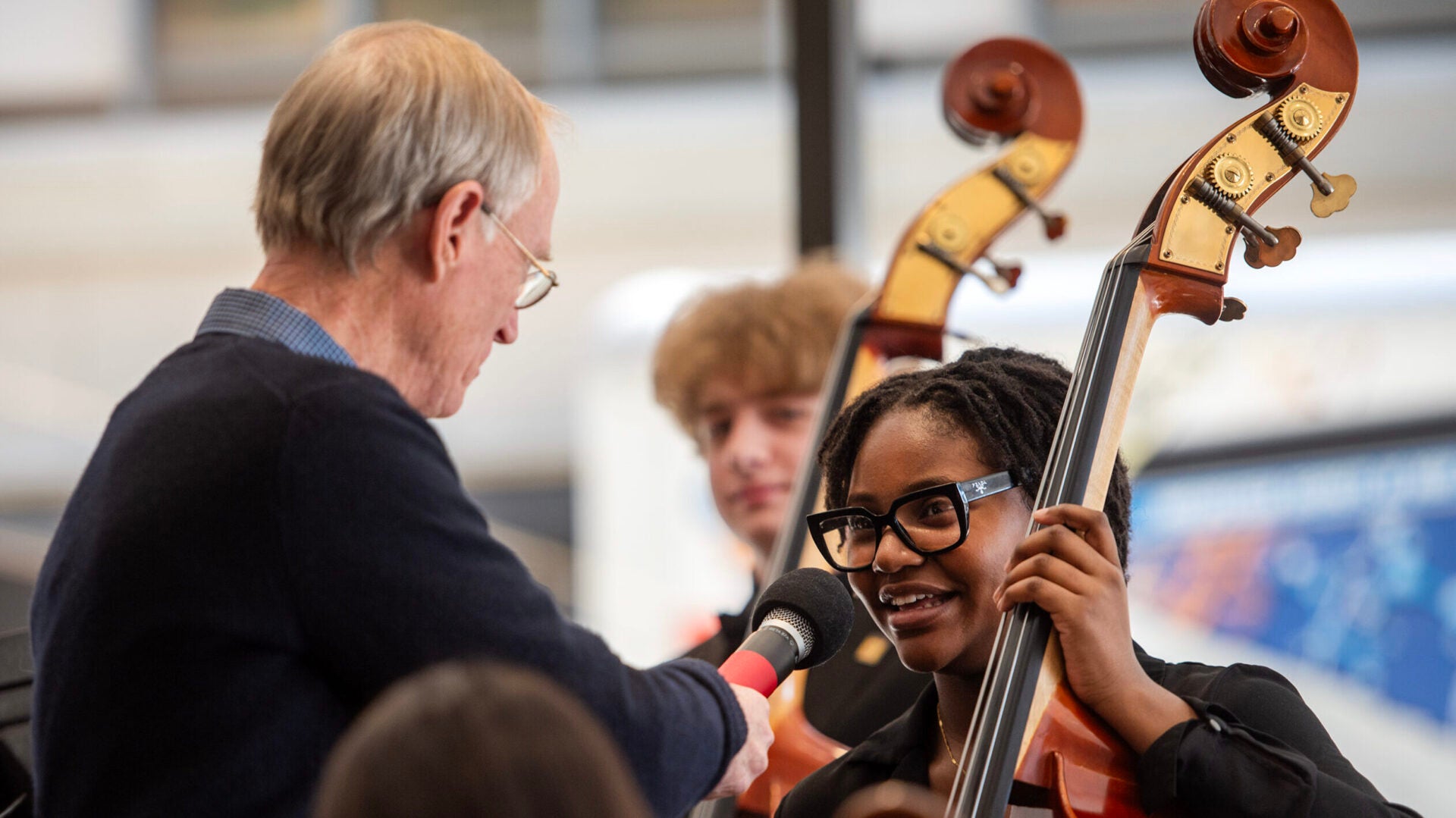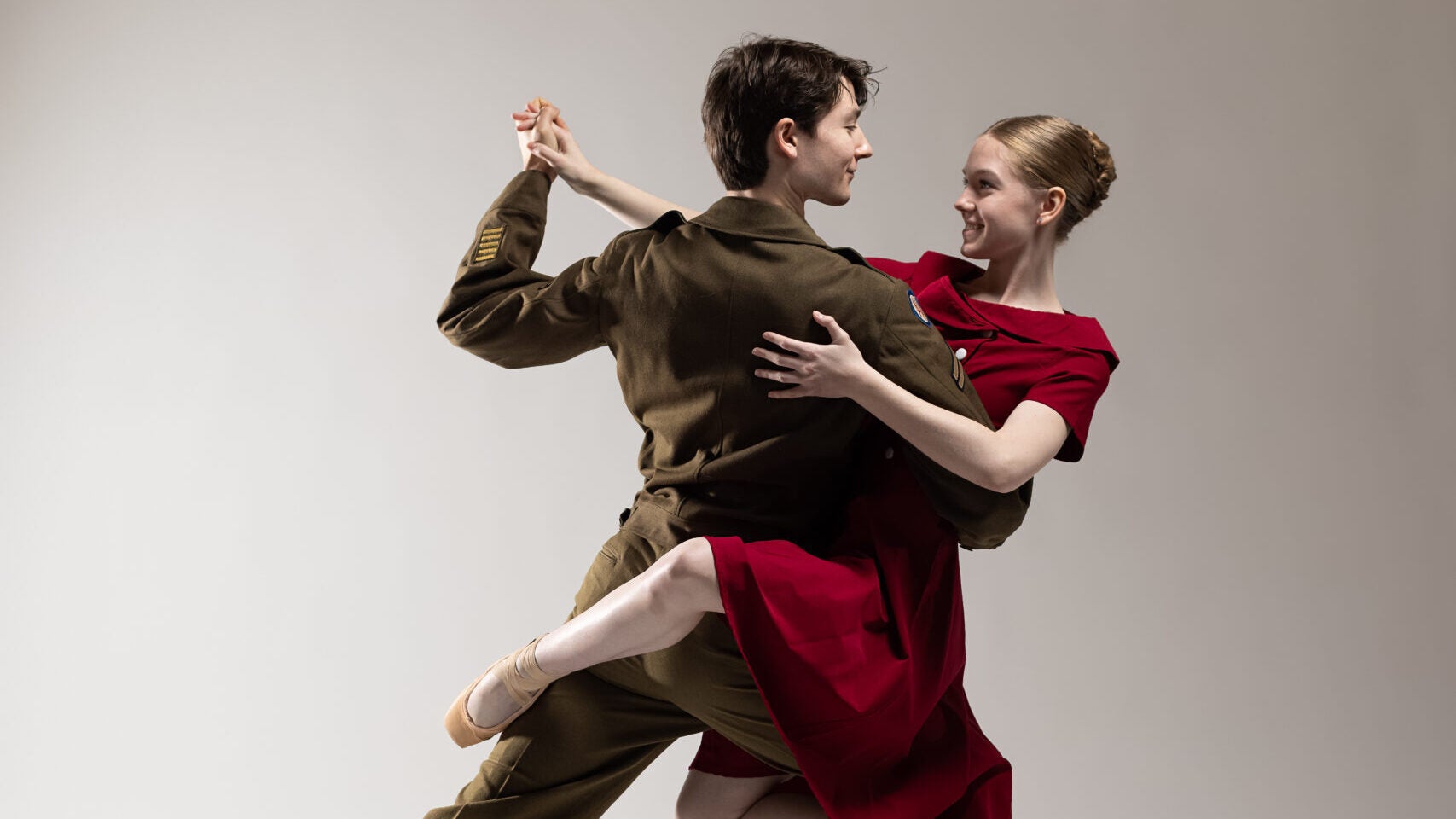The Champs-Elysees Theater. May 29th, 1913. One of the most notorious premieres in classical music is about to occur. Pierre Monteux is about to conduct the first performance of Igor Stravinsky’s ballet The Rite of Spring.
The wife of dancer and choreographer Vaslev Nijinksy has heard bits of the music during rehearsals, and she suspects that the audience will get restless, but at the opening notes of the overture her worse fears are surpassed.
Part of the audience decides that Stravinksy’s ballet is as attempt to destroy music as art. They make catcalls and snide suggestions as to how the performance should proceed. Monteux continues to conduct the orchestra, though they are rarely heard above the racket. A young man stands up to see better and begins to beat time with his fists–on the head of the man sitting in front of him.
News with a little more humanity
WPR’s “Wisconsin Today” newsletter keeps you connected to the state you love without feeling overwhelmed. No paywall. No agenda. No corporate filter.
By now people are whistling and shouting. Monteux keeps his eyes on the score, dutifully keeping to the tempo Stravinsky had given him. The house lights are turned on, only to make the violence more visible.
One elegantly dressed lady in an orchestra box stands up and slaps the face of a young man who is hissing in the next box. The young man and the lady’s escort challenge each other to a duel. A society lady confronts one of the demonstrators and spits in his face.
A princess stalks out of her box saying, “I am 60 years old but this is the first time anyone has dared to make a fool of me.”
The director, Serge Diaghilev, the color drained from his face, shouts, “Please! Let them finish the show!”
The police arrive. Monteux is determined to keep the orchestra together at any cost, and they play the ballet to its conclusion — in an empty theater. The night is over, but not the spectacle. There are to be five more Paris performances of The Rite of Spring — all prompting the same reaction.
Wisconsin Public Radio, © Copyright 2026, Board of Regents of the University of Wisconsin System and Wisconsin Educational Communications Board.



